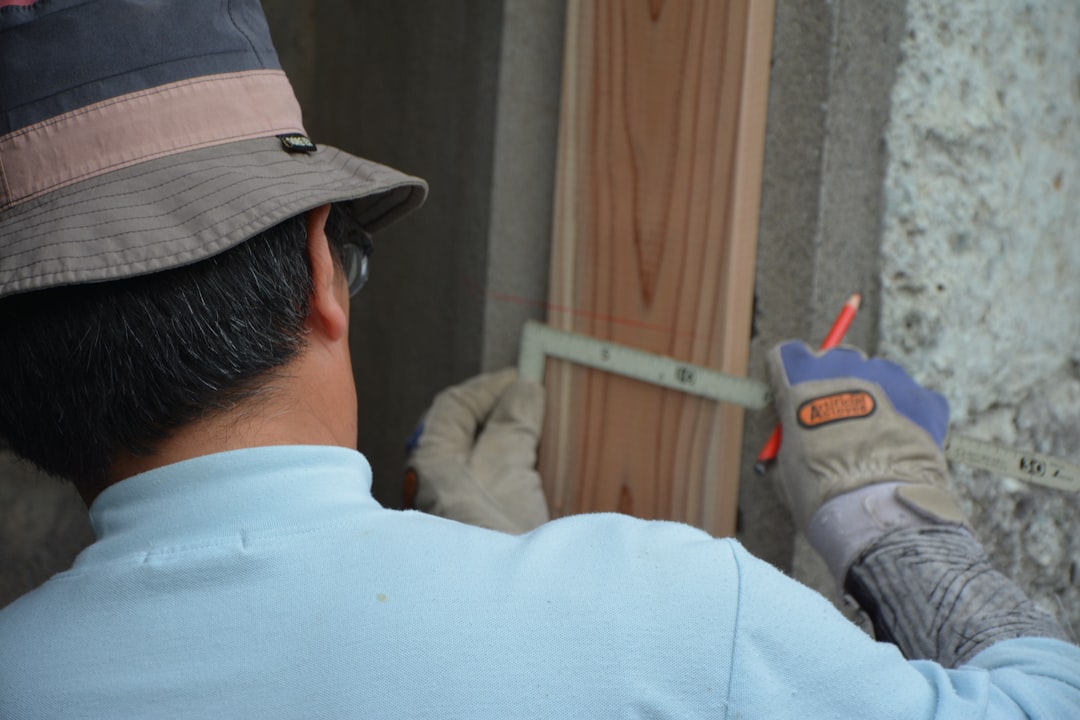
In 2026, the cost of installing a tankless water heater ranges from $2,986, depending on the complexity and location. The shift towards energy-efficient solutions is leading many contractors to opt for tankless water heaters. These systems offer on-demand heating, significantly reducing energy waste. Our AI-powered estimating tools streamline the process, providing real-time pricing and precise scheduling, ensuring every project is executed flawlessly from start to finish.
Our workflow begins with our voice-activated AI estimator, automating unit sizing, material pricing, crew labor rates, and jurisdiction-specific permits. This data-driven approach empowers tradespeople to craft confident and competitive bids.
Deciding between gas and electric units? Gas options typically offer higher flows but require venting and appropriate gas lines, whereas electric models streamline venting needs but may require electrical upgrades.
Compliance is key; gas units demand vent piping and condensate drainage solutions. CountBricks ensures your materials are compliant, reducing costly revisions.
Safely disconnect existing setups, optimizing our AI-based scheduling for demolition and removal processes.
Position and secure units centrally to minimize water delivery time and ensure adherence to code.
Ensuring all connections meet specifications, protecting the integrity of the installation.
Accurate cost estimation is crucial. Here's a breakdown for a typical installation:
Total Estimated Cost: $3,750. CountBricks updates these numbers in real time to maintain accuracy and transparency with your clients.
Post-installation, our client dashboard prompts timely maintenance activities, avoiding downtime and ensuring peak performance.
Experience seamless installations at CountBricks, ensuring professional-grade results every time.

A builder in San Francisco sought to retrofit three townhomes, facing HOA work-time constraints. CountBricks' solutions streamlined gas line assessments and phased scheduling:
Our AI estimator and task scheduler ensured a smooth workflow, completing the project ahead of schedule.
Streamline your installs with CountBricks, and access more insights at CountBricks.com.